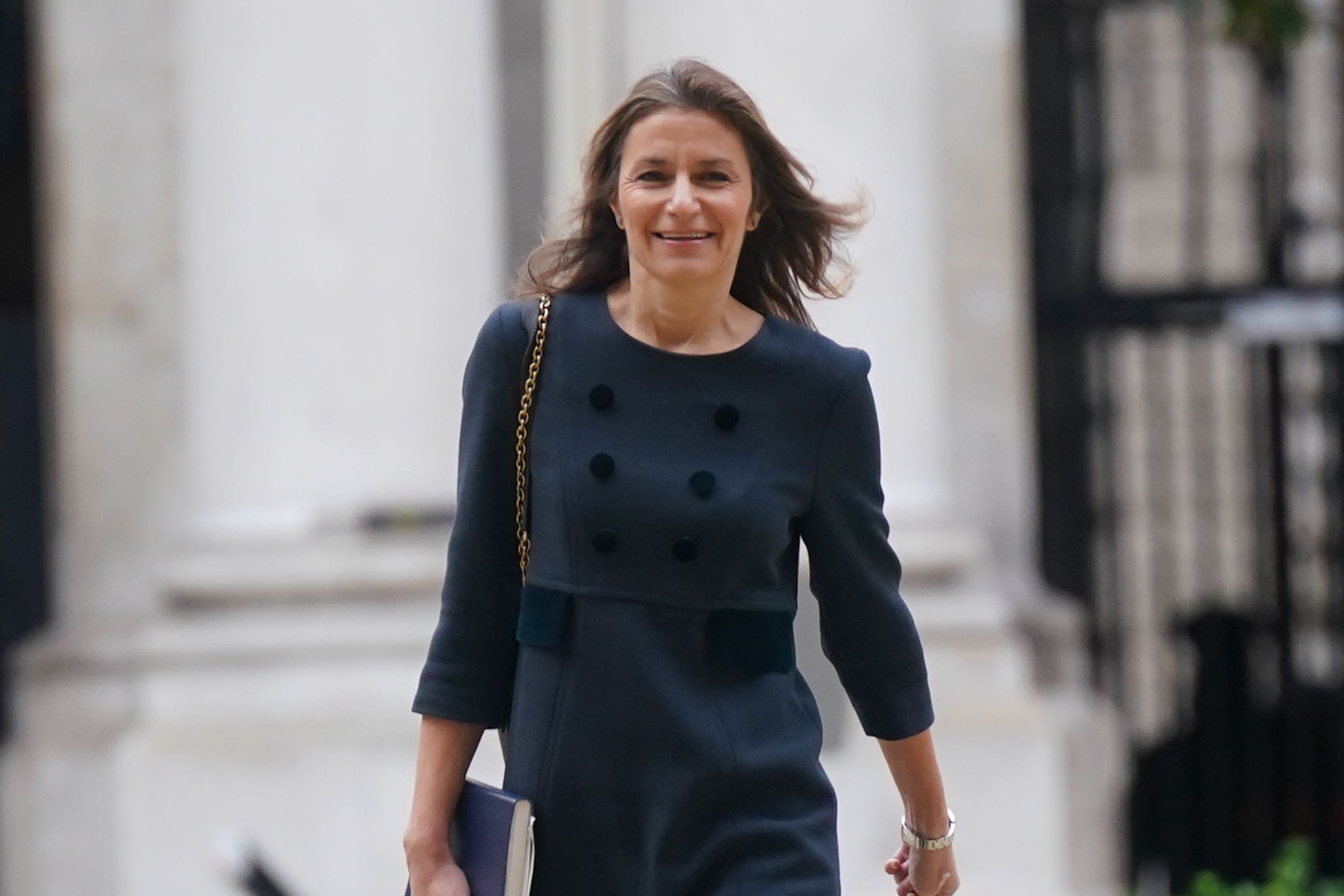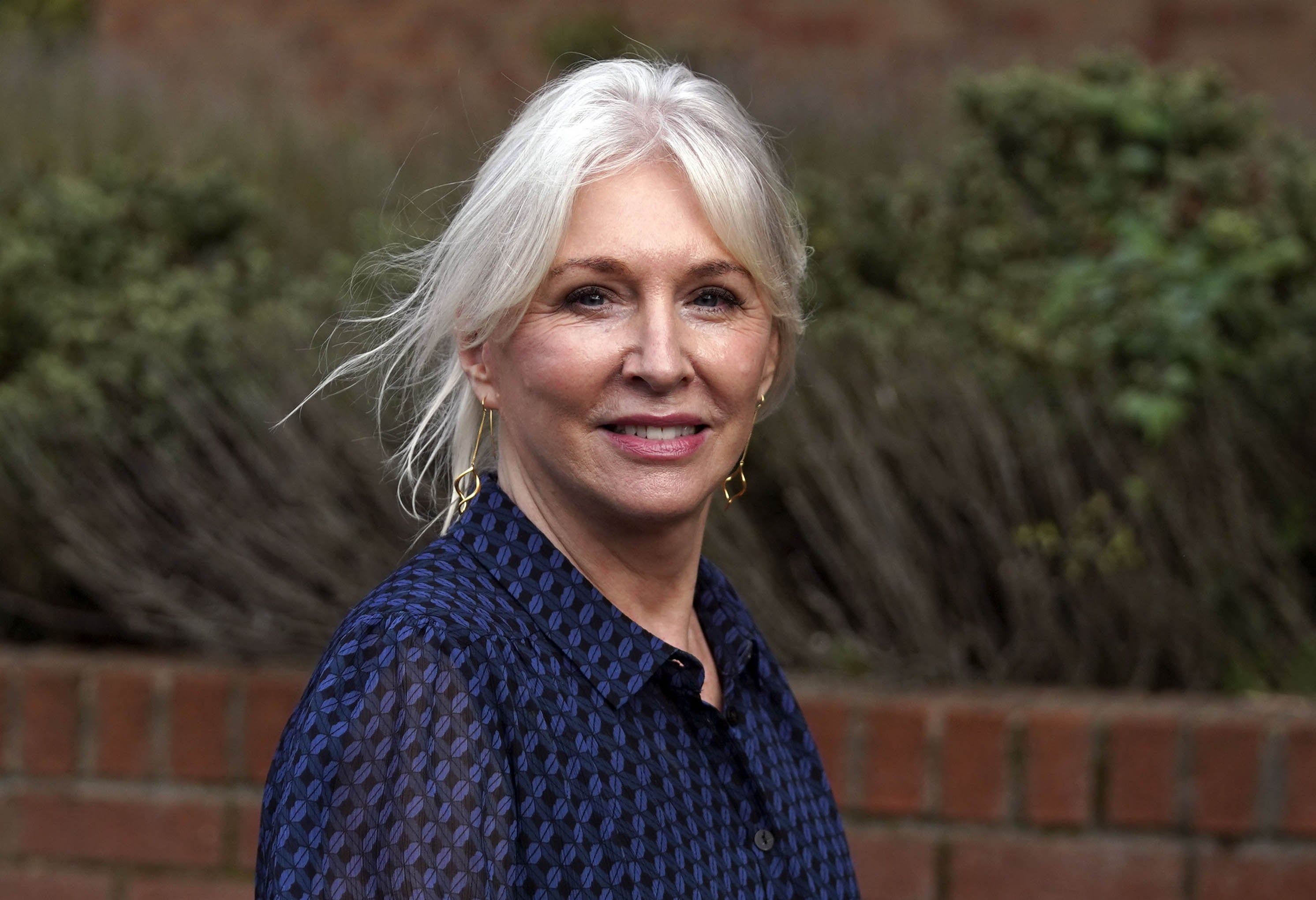BBC’s expected licence fee hike will be blocked because it’s too high, culture secretary signals
Under a funding agreement struck by Boris Johnson, the levy is supposed to rise in line with inflation from April, and in the three years after that
Your support helps us to tell the story
From reproductive rights to climate change to Big Tech, The Independent is on the ground when the story is developing. Whether it's investigating the financials of Elon Musk's pro-Trump PAC or producing our latest documentary, 'The A Word', which shines a light on the American women fighting for reproductive rights, we know how important it is to parse out the facts from the messaging.
At such a critical moment in US history, we need reporters on the ground. Your donation allows us to keep sending journalists to speak to both sides of the story.
The Independent is trusted by Americans across the entire political spectrum. And unlike many other quality news outlets, we choose not to lock Americans out of our reporting and analysis with paywalls. We believe quality journalism should be available to everyone, paid for by those who can afford it.
Your support makes all the difference.The BBC will come under growing financial strain as the government blocks an expected 9 per cent licence fee increase, the culture secretary has suggested.
Under a funding agreement struck by Boris Johnson, the levy is supposed to rise in line with inflation from April, and in the three years after that.
It has been frozen for the past two years amid the rising cost of living, piling pressure on the corporation’s spending power.
But on Monday morning, Lucy Frazer effectively confirmed the BBC will have to cope with a below-inflation rise amid reports Rishi Sunak wants to block the hike in the annual charge.

The rise in the annual fee, if in line with inflation, would be by around £15 to £173.30, but Ms Frazer said she was concerned this would be “high” while the cost of living crisis is ongoing.
She said the licence fee will still rise, but added: “As it rises, the BBC needs to be realistic about how much it can rise by.” She added: “We will be making an announcement on this very shortly.”
Her comments came after the prime minsister told reporters on the way back from the Cop28 climate summit that the BBC “should be realistic about what it can expect people to pay at a time like this”.
The licence fee pays for BBC services including TV, radio, the BBC website, podcasts, iPlayer and apps.
Its existence is guaranteed until the end of 2027 at least by the BBC’s royal charter, which sets out its funding and purpose.
The BBC is already under pressure because of the two-year licence fee freeze - which has left its funding flat despite spiralling inflation.
It is scaling back its programming to make £500 million of savings and last week announced that nightly current affairs show Newsnight would be reduced to a 30-minute programme, with more than half of its staff being cut.
Mr Sunak said over the weekend that “final decisions haven’t been made” about the future of the licence fee, but that the corporation should “cut its cloth appropriately”. A BBC spokesman pointed to the agreement, announced by former culture secretary Nadine Dorries last January, which froze the licence fee for two years with increases in line with inflation from 2024.

The current culture secretary denied that the government was "ripping up" the deal.
Put to her on BBC Radio 4’s Today programme, she insisted that ministers were looking at the planned rise amid concerns over the cost of living.
"I wouldn’t put it like that at all, no. What we’re concerned about is the cost of living. And as the government we have taken a number of steps to protect people from the rise of the cost of living over the course of the last few years."
"What we’re looking at is the appropriate rate of inflation. And we’re considering that with an eye on the fact that we want to ensure that people continue to be able to afford their bills."
She said a decision would be made "very soon".
"I regularly speak to the BBC. I’ve spoken to (director general) Tim Davie, probably around five times over the last few weeks alone. I spoke to the chair last week. This is an issue we have been discussing with the BBC for a number of months."
A BBC spokesperson said: “The government and BBC agreed a six-year licence fee settlement in January 2022, which froze the licence fee for two years with increases in line with inflation from 2024.
“As is usual practice the Government sets and confirms the cost of a licence each year and this remains unconfirmed for 2024/25.
“The BBC will continue to focus on what it does best: working to deliver world-class content and providing great value for all audiences.”
Join our commenting forum
Join thought-provoking conversations, follow other Independent readers and see their replies
0Comments